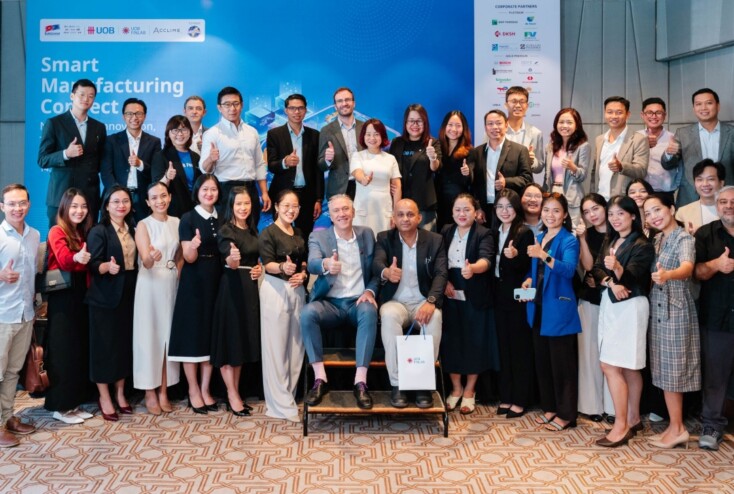
2025: A Milestone Year for SMEs — and the Power of Moving Forward Together
2025 marked a major shift for SMEs as digitalisation, AI, and sustainability became immediate priorities. For UOB FinLab, it was also a milestone year of empowering SMEs with practical skills, mentorship, and programmes like SME Elevate and AI Ready.






